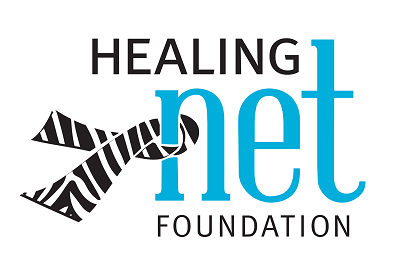Palliative Care
/Palliative care is often called symptom management. It is not hospice care, rather it is focused on improving quality of life for people with serious illness. Experts in palliative care can help with things such as pain management, relaxation techniques, psychological counseling, nutrition, and sleep issues.
Anyone with a life-threatening illness can benefit from palliative care. The best care scenario is to begin palliative care at the time of diagnosis, but you may begin at any time. By relieving symptoms, palliative care supports your overall treatment plan. It can help you cope, endure and marshal the energy needed to undergo treatments. Relief from symptoms also makes it easier on your caregiver because no one wants to see someone they love suffer.
I definitely think that early palliative care helps people. We’re not necessarily seeing people live longer, but their quality of life metrics are significantly improved. --Scott Paulson, MD
Read what one patient has to say about the benefits of palliative care in his blog.



